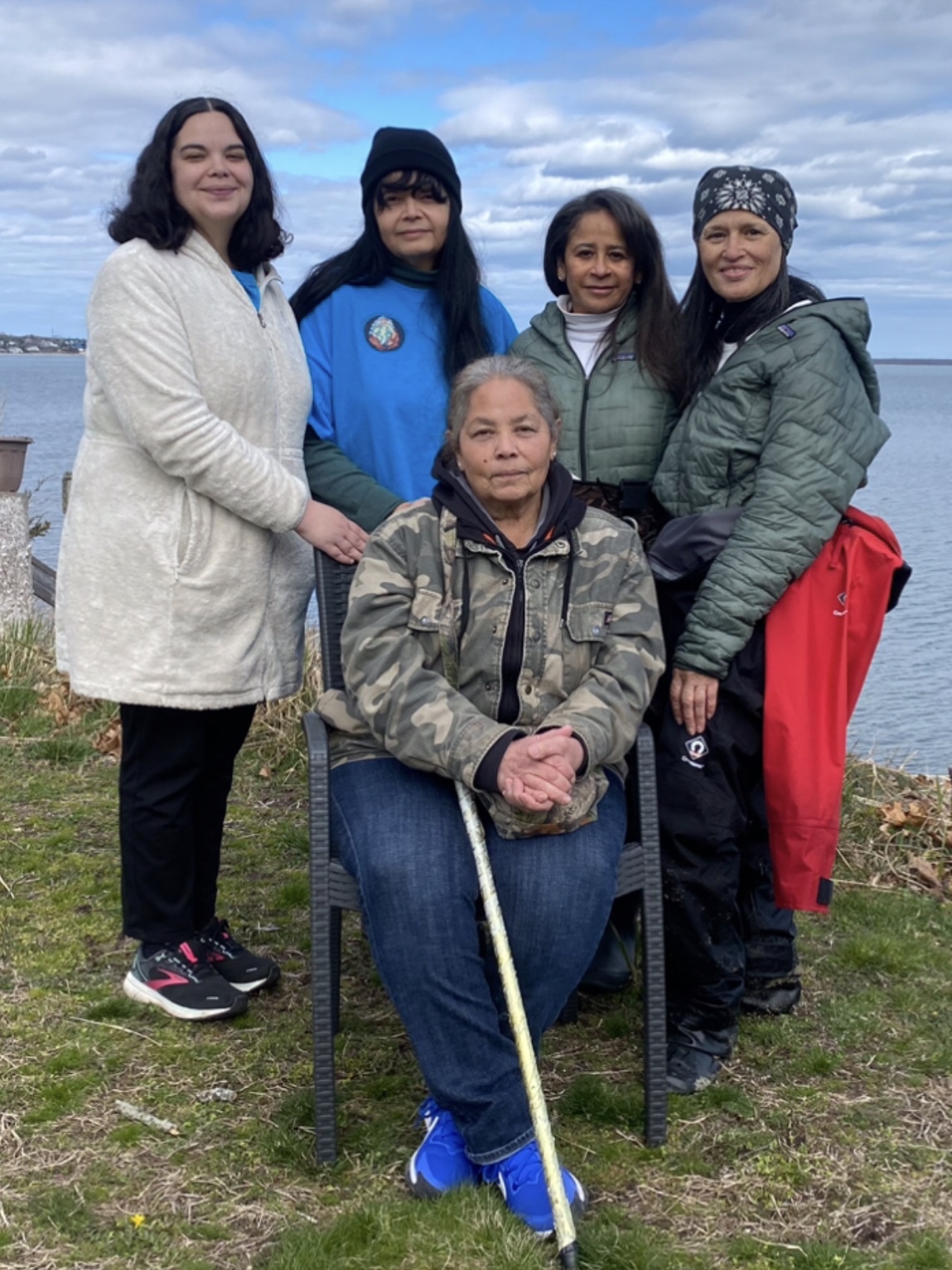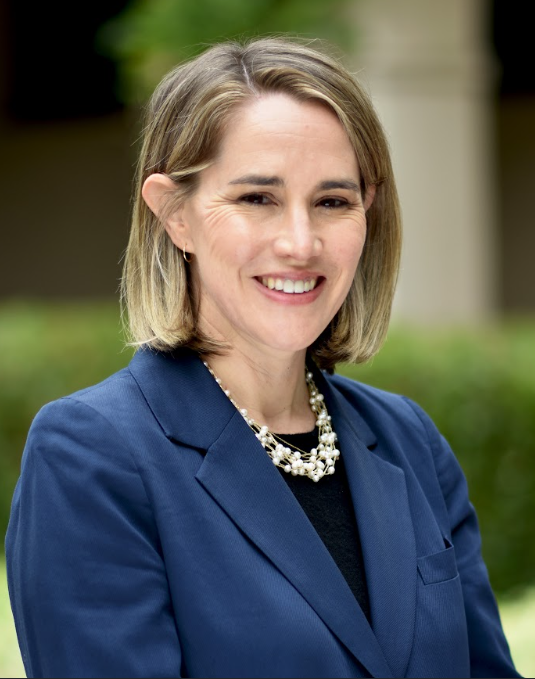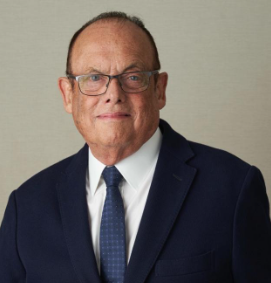Sir Run Run Shaw Lecture
2025 Series
Fall 2025 Lectures
Shinnecock Kelp Farmers:
Danielle Hopson Begun
Donna Collins-Smith
Rebecca Genia
"From Seaweed to Sovereignty: Shinnecock Kelp Farmers and Indigenous-Led Climate Solutions"
Monday, October 20, 2025
12:30 pm - 1:50 pm
Staller Center, Recital Hall
For the Shinnecock people, seaweed has long been used as insulation for homes, an ingredient in medicine and cosmetics, and a natural pest deterrent.
In this talk, three members of the Shinnecock Kelp Farmers collective will speak about their collaborations with scientists, climate organizations, and local communities to revive and adapt these traditions despite environmental damage caused by overdevelopment and pollution.
Through their ongoing work, the collective addresses the intersecting crises of climate change and settler colonialism, offering a model of resistance rooted in marine stewardship, cultural survival, and Indigenous-led innovation.
Founded in 2019, the Shinnecock Kelp Farmers is a multi-generational collective of Indigenous women, all enrolled members of the Shinnecock Indian Nation in Long Island’s East End. Drawing upon a 10,000-year relationship with the sea, the group works to restore the ecological balance of Shinnecock Bay and surrounding waters. Their cultivation of kelp absorbs excess carbon and nitrogen, pollutants that have devastated local marine ecosystems.
As the first Indigenous women-owned and operated aquaculture farm on the East Coast, the Shinnecock Kelp Farmers stand at the intersection of Indigenous sovereignty and environmental science. Their work contributes to global climate mitigation efforts while reviving cultural practices disrupted by settler colonialism. With sea-level rise threatening to submerge parts of their ancestral territory by 2050, the Shinnecock Kelp Farmers offer a visionary model of Indigenous-led restoration.
Co-sponsored by the Native American and Indigenous Studies Initiative, Humanities Institute, Department of Art, Collaborative for the Earth, School of Marine and Atmospheric Sciences, and Paul W. Zuccaire Gallery.
Sarah E. Reisman
Bren Professor of Chemistry
Norman Division Leadership Chair
California Institute of Technology

"Necessity is the Mother of Invention: Natural Products and the Chemistry they Inspire"
Friday, November 14, 2025
4:00 pm
Javits Lecture Hall 101
The Reisman Group is engaged in the total synthesis of several architecturally intricate natural products – such as penicillin and taxol – with a particular emphasis on developing new convergent fragment-coupling and annulation strategies.
This seminar will highlight recent advances from the Reisman Group’s laboratory in both total synthesis and reaction development, illustrating how the pursuit of complex molecular targets drives the discovery of new chemical reactivity.
Sarah Reisman earned her PhD in chemistry from Yale University and in 2008, joined the faculty at the California Institute of Technology. She is recognized as a leader in the area of natural product synthesis, where her group has contributed new strategy-driven approaches to biologically active molecules. Reisman has been recognized with several awards for teaching and research including an Alfred P. Sloan Research Fellowship, a Cottrell Scholar Award and the Arthur C. Cope Scholar Award. She is an editorial board member at Organic Syntheses and an associate editor for the Journal of the American Chemical Society.
Presented by the Department of Chemistry
Kingsley Bolton
Professor Emeritus
University of Stockholm
Ateneo de Manila University

"Asian Multilingualism, the English Language, and the Scholarly Contributions of Professors S.N. Sridhar and Kamal K. Sridhar"
Friday, November 14, 2025
10:25 am
Wang Center, Lecture Hall 2
In addition to providing an overview of multilingualism in the Asian region, home
to at least 2,500 languages across South, Southeast, and East Asia, this talk will
discuss the impact of the English language in the region, as well as the emergence
and recognition of Asian Englishes in such societies as India, Singapore, and the
Philippines.
Most importantly, this talk will honor the scholarship of Professors S.N. Sridhar
and Kamal K. Sridhar, who have made important contributions on such topics as bilingualism,
multilingualism, South Asian languages, world Englishes, and many other areas of linguistic
science.
Professor Emeritus Kingsley Bolton’s research has specialized in English-medium education,
sociolinguistics, and world Englishes with particular reference to the Asian region.
His most recent publication is The Wiley Blackwell Encyclopedia of World Englishes
(chief editor, 2025). He is
co–editor of the journal, World Englishes (Wiley Blackwell), and series editor of
the
Routledge book series, Multilingual Asia.
Presented by the Center for Multilingual and Intercultural Communication and the Mattoo
Center for India Studies. Co-organized by the Departments of Asian and Asian American
Studies and Linguistics. Part of the 2025 MIC Symposium on Multilingualism: Honoring
Professors S.N. Sridhar and Kamal Sridhar.
Spring 2025 Lectures
Jimena Canales
Vice-Chairperson
American Council of Learned Societies

"As our Scientific Understanding of Time Changes, Does Time Change Too?"
Wednesday, March 26, 2025 | 12:30 pm - 2:00 pm
Harriman Hall Room 137
The progress of science throughout the last centuries has increased our ability to
measure time with increased precision. In 2023, the Nobel Prize committee marked an
important milestone in this trajectory by awarding the prize in physics to researchers
who had created a new technology to study nature in attoseconds.
It is also a milestone in the widening breach between reality determined via scientific measurements and that perceived via our senses. What is the role of the humanities in studying these accomplishments? This talk will explore the possibility of introducing a new concept of time to bridge the divide between scientific and intuitive understandings of nature.
Jimena Canales is an author and historian of science. Her books include Bedeviled: A Shadow History of Demons in Science (Cosmos Prize 2022), The Physicist and the Philosopher: Einstein, Bergson, and the Debate That Changed Our Understanding of Time (Best Science Books, Science Friday and NPR, Top Reads The Independent, The Tablet Books of the Year) and A Tenth of a Second: A History (The Guardian’s Top 10 Books About Time). Her essays have been published in The New Yorker, The Atlantic, Artforum, Aperture, Nautilus and WIRED as well as in numerous scholarly journals. She was previously Assistant and Associate Professor at Harvard University and the Thomas M. Siebel professor for the History of Science at the University of Illinois.
Shelley Minteer
Professor, Department of Chemistry
Director, Kummer Institute Center for Resource Sustainability
Missouri University of Science and Technology

"Bioelectrocatalysis for Electrosynthesis"
Monday, April 7, 2025 | 12:30 pm - 1:30 pm
Wang Center Lecture Hall 2
In the last five years, there have been extensive studies and new materials designed
for interfacing biocatalysts with electrode surfaces for applications in energy storage
and electrification of the chemical industry. This talk will discuss electroanalytical
techniques for studying biocatalysis, including both mediated enzymatic bioelectrocatalysis
and direct enzymatic bioelectrocatalysis.
Dr. Shelley Minteer is a professor of chemistry and the director of the Kummer Institute Center for Resource Sustainability at Missouri University of Science and Technology. She is also the director of the NSF Center for Synthetic Organic Electrochemistry.
She received her PhD in Analytical Chemistry at the University of Iowa, and her research interests are focused on electrocatalysis and bioanalytical electrochemistry.
Dr. Minteer has published more than 450 publications and has given more than 550 presentations at national and international conferences and universities. She has won several awards including the Luigi Galvani Prize of the Bioelectrochemical Society, International Society of Electrochemistry Tajima Prize and Bioelectrochemistry Prize, Grahame Award of the Electrochemical Society, Fellow of the Electrochemical Society and the International Society of Electrochemistry, American Chemical Society Division of Analytical Chemistry Award in Electrochemistry, and the Society of Electroanalytical Chemists’ Young Investigator Award and Reilley Award.
